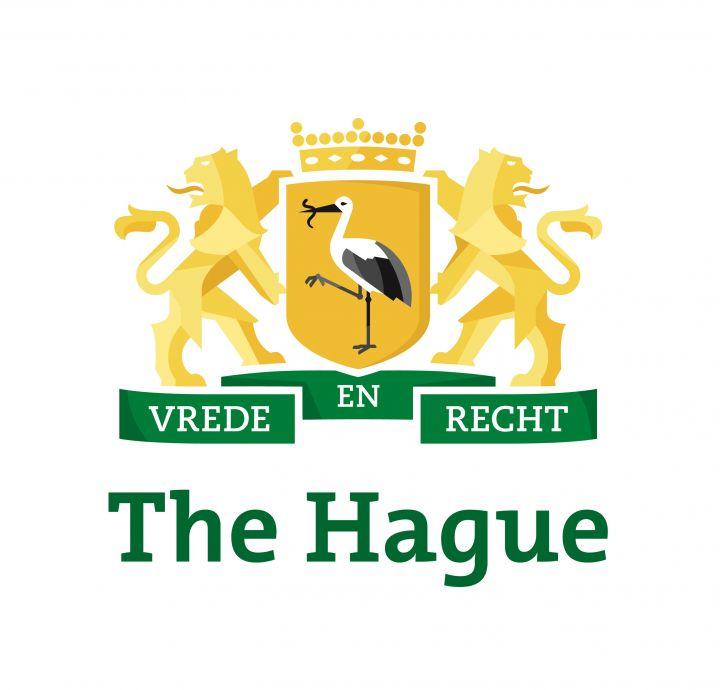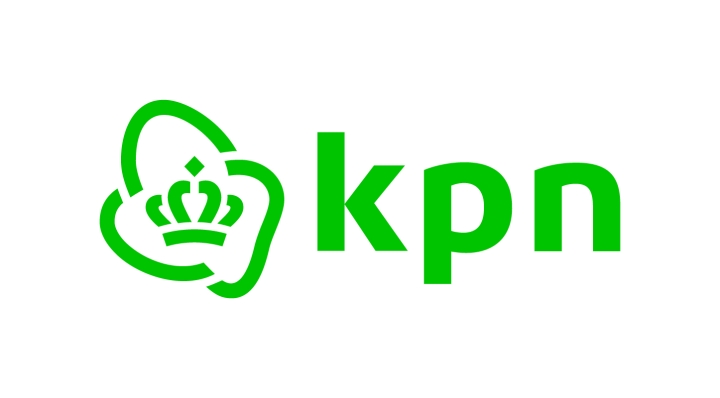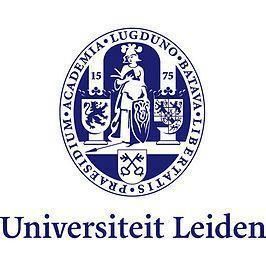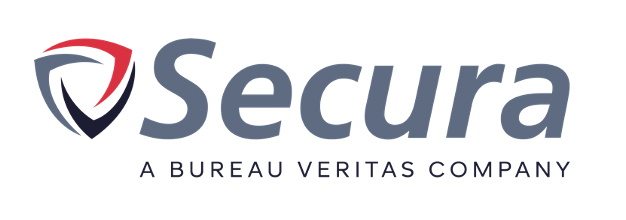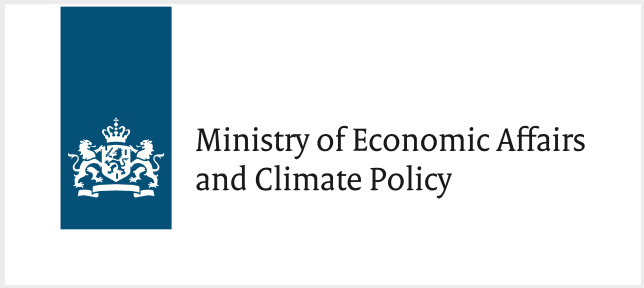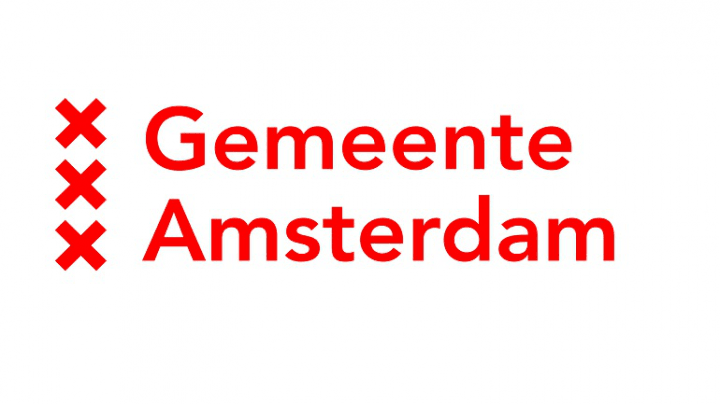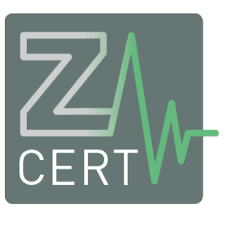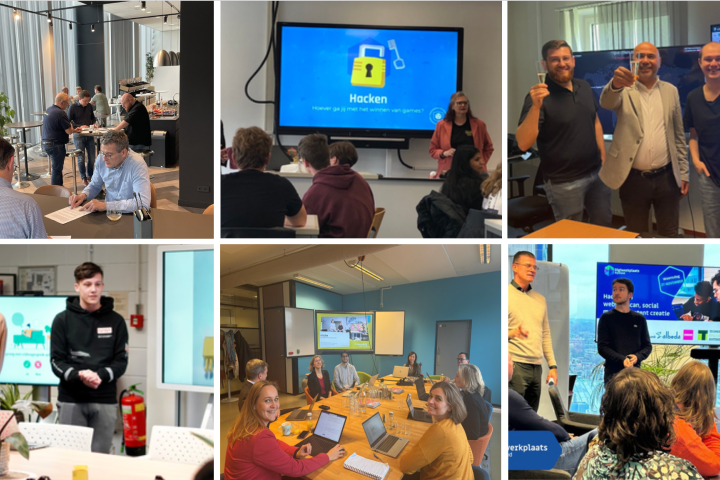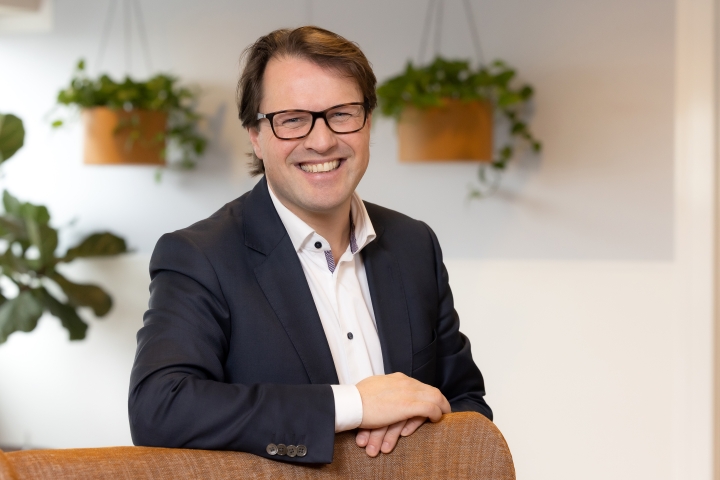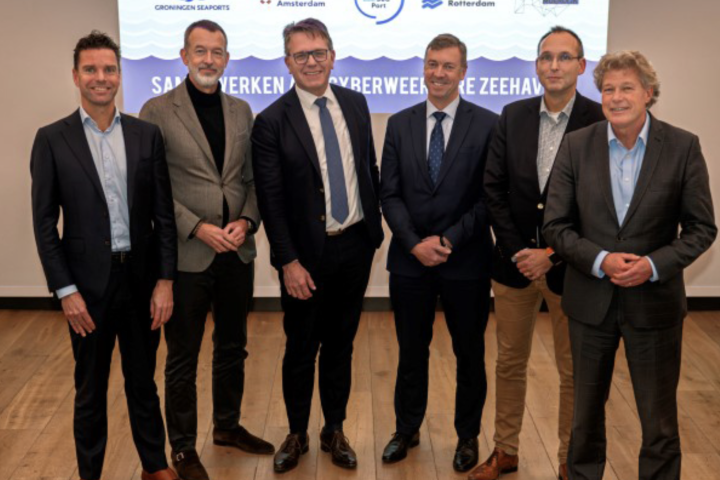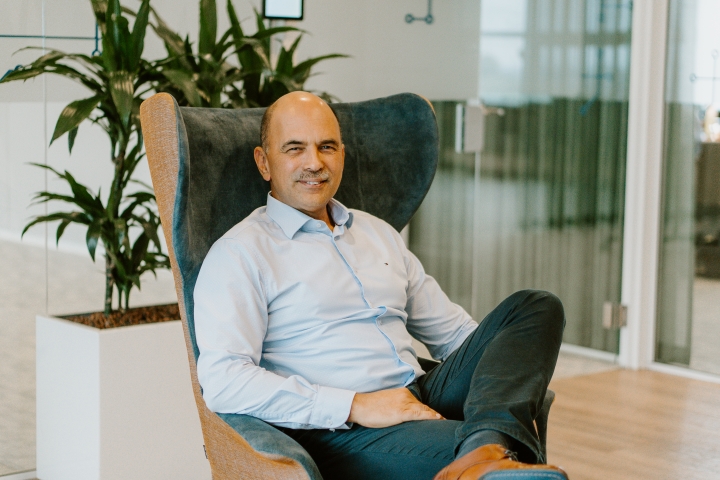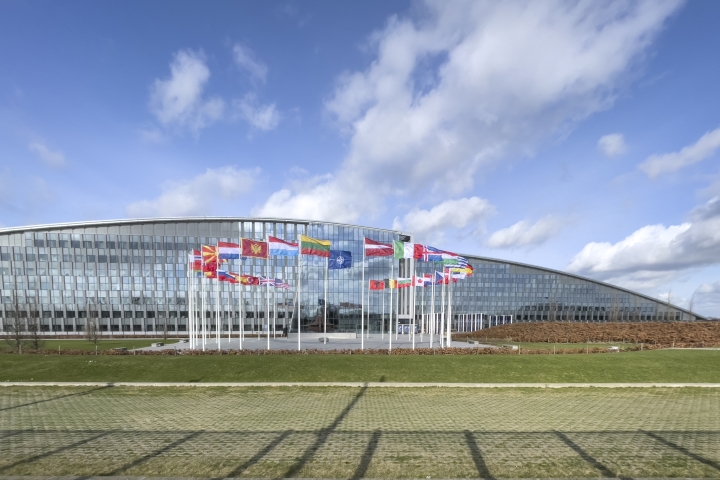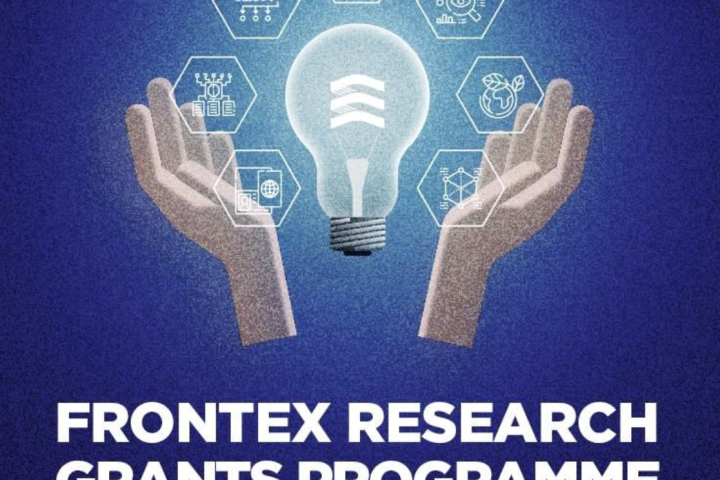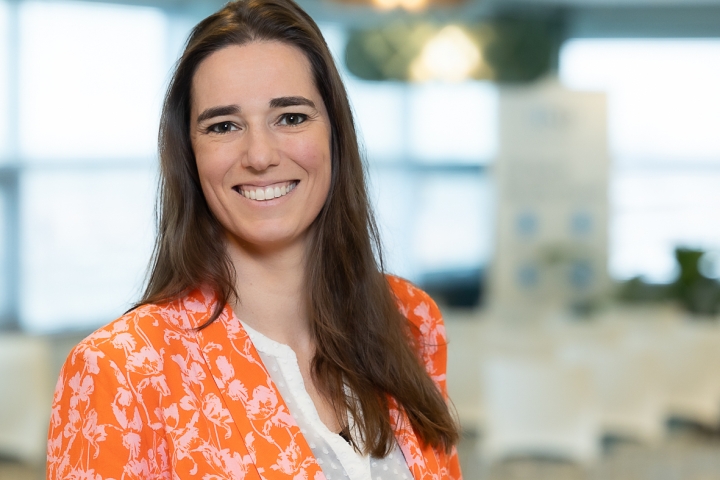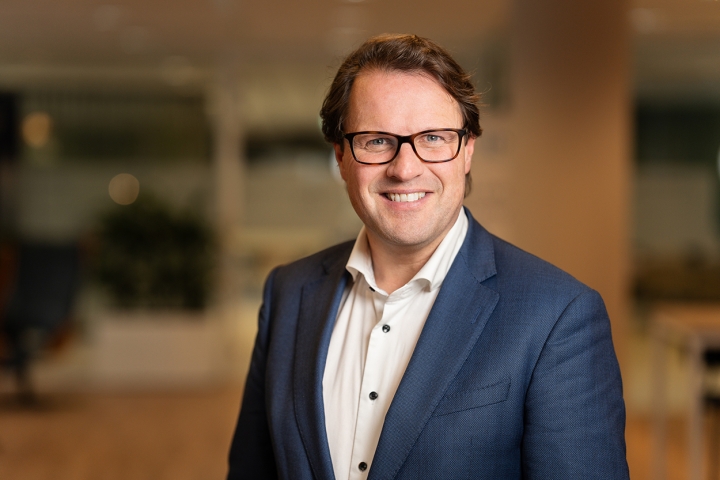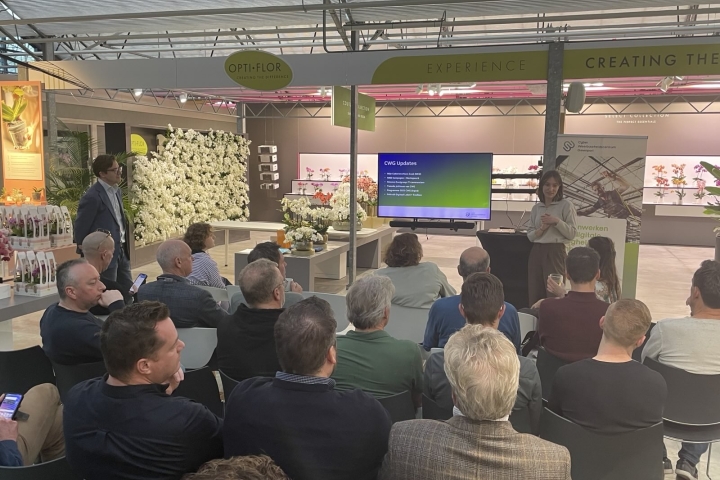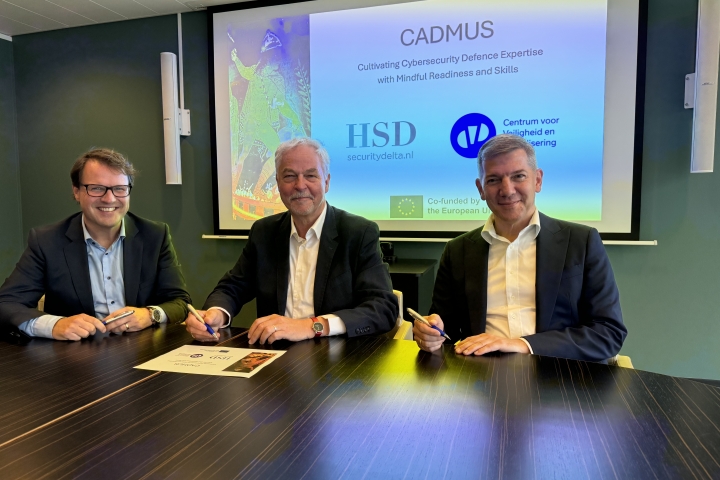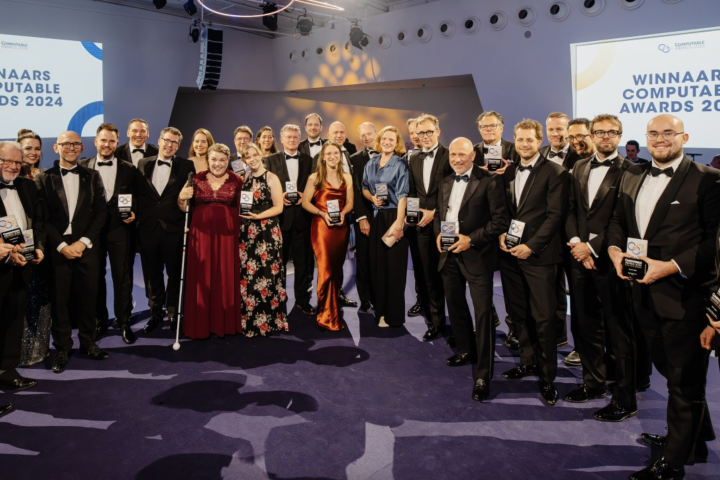10 Million Euros Awarded for Solving Cyber Security Issues
Within the Dutch Research Agenda (NWA) programme “Cyber Security - Towards a secure and trustful digital domain”, several consortia will work on finding solutions related to internet security. On 7 April 2021, the NWO Executive Board awarded proposals from consortia that will investigate cyber security: three projects will focus on governance, and two will also focus on cryptologic aspects. The total research budget amounts to circa 10 million euros.
Research into the governance aspects of cyber security focuses on the entire knowledge chain in which all science domains, vital infrastructures and liability regimes are involved. This includes research into legislation and into (international) standards, and norms for a more secure cyberspace.
For instance, one project will investigate how we can patch security leaks in software on time. Another project will establish ways to stave off the risk of quantum computers cracking encryption schemes.
The programme contributes to the objective of the Dutch Digitalisation Strategy, which formulates the ambitions and objectives for a successful digital transition in the Netherlands. The need for a secure cyberspace in a progressively digitalising world has become increasingly clear, and inclusion, security and the protection of privacy play an important role in this.
The aim is to realise reliable, future-proof cyber security by focusing on governance research and targeted research for the secure and reliable sharing of data.
Research projects awarded funding in the area of governance and specifically for cryptologic research, will contribute to the above stated integral approach.
The following projects were awarded funding:
THESEUS : Making patching happen
Virtually all organizations face a fundamental risk tradeoff: the risk of not patching versus the risk of patching. The lack of timely patching is arguably the most foundational problem in security today. It is caused by a complicated mix of technical, behavioral and governance factors. This project proposes a holistic approach to develop an integrated portfolio of solutions to make patching faster.
Official secretary on behalf of the consortium: Prof. M.J.G. (Michel) van Eeten (TU Delft)
Partners: VU Amsterdam, Tilburg University, TU Delft, Meander MC, Airfrance-KLM, Municipality of Amsterdam, Municipality of The Hague, Rijkswaterstaat, NCSC, Secura, CyberSprint, KPN, Philips Medical Systems, Amsterdam UMC, Z-CERT, Deloitte, Cyberveilig Nederland, EuroControl
Amount awarded: circa 2.8 million euros
Controllable, Accountable, Transparent: the Responsible Internet (CATRIN)
The goal of CATRIN is to startup the Responsible Internet, a novel security-by-design concept and extension to the Internet that enables higher levels of trust and sovereignty. It turns the Internet infrastructure from a black box into a ‘glass box’. The Responsible Internet addresses the problem of Digital Sovereignty. CATRIN integrates technology, economics, and policy research to deliver a first operational multi-operator Responsible Internet.
Official secretary on behalf of the consortium: Dr R. (Ralph) Holz (University of Twente)
Partners: University of Twente, Eindhoven University of Technology, University of Amsterdam, TU Delft, Waag Society, NLnet Labs, Leiden University, SIDN, KPN, TRIMM, SURFnet, University of Duisburg-Essen, University of Oxford, RENCI, University of Illinois at Urbana Champaign, University of Kentucky, ESnet/LBNL, University of Kentucky, University of Chicago, George Mason University, Ciena, CTO Group, CAIDA, University of California, Universität der Bundeswehr München, Telefonica Research
Amount awarded: circa 2.0 million euros
Cyber Security by Integrated Design (C-SIDe)
Security of software systems is a critical need in our interconnected society and security emerges from an interplay of technical and non-technical factors. It is more sensible and cost-effective to fix these issues during the development of software systems preventing many problems. C-SIDe develops an integrated approach to Security-by-Design. The resulting methodology will allow organisations to have a more comprehensive view on security of their products and to create exciting and secure technologies.
Official secretary on behalf of the consortium: Dr E. (Els) de Busser (Leiden University)
Partners: Leiden University, The Hague University of Applied Sciences, NCSC, Ministry of Justice and Security, SURFSara, National eHealth Living Lab, Leiden University Medical Center
Amount awarded: circa 1.45 million euros
HAPKIDO (Hybrid Approach for quantum-safe Public Key Infrastructure Development for Organisations)
Many popular cryptographic algorithms and encryption schemes will eventually be broken by quantum computing. Quantum-safe trust services, including the underlying Public Key Infrastructure (PKI), are thus needed. HAPKIDO will develop quantum-safe PKI systems and will deliver sector-based growth paths that will help organizations to move their systems into a quantum-safe future. This will be done in collaboration with frontrunners in the telecom, financial-services, healthcare and public sector.
Official secretary on behalf of the consortium: Dr G. (Gabriele) Spini (TNO)
Partners: TNO, TU Delft, Centrum Wiskunde & Informatica, KPN, Microsoft Nederland, Microsoft Corporation, Zynyo, Logius
Amount awarded: circa 2.0 million euros
PROACT - Physical Attack Resistance of Cryptographic Algorithms and Circuits with Reduced Time to Market
Modern society is interconnected through electronic and mobile devices, which we call the Internet of Things (IoT). The lack of proper protection mechanisms can lead to privacy violations and financial loss. The goal of PROACT is to design novel algorithms and silicon chips with inherent protection against physical attacks, and to develop novel simulation and evaluation techniques for physical security. PROACT will therefore contribute to an increased protection of our personal and company-critical data.
Official secretary on behalf of the consortium: Prof. N. (Nele) Mentens (Leiden University)
Partners: Leiden University, Radboud University, TU Delft, Fontys University of Applied Sciences, Riscure, Signify, Intrinsic D, Neurasmus, DSP Valley, Rambus, NTU Singapore, HTX Singapore, Cadence UK
Amount awarded: circa 1.8 million euros
Dutch Research Agenda
On behalf of the Ministry of Education, Culture and Science, NWO has funded research in the context of the Dutch Research Agenda (NWA) since 2018. The aim of NWA research is to make a positive, structural contribution to the knowledge society of tomorrow, by building bridges today and jointly ensuring scientific and societal impact.
Thematic programming in collaboration with government ministries is one of the ways in which this is realised. The aim of the thematic NWA programmes, which are realised in partnership with government ministries, is to find answers to current societal questions. All of the research is set up in an interdisciplinary manner and involves both the entire breadth of the knowledge chain and relevant societal partners. The initiators of the call “Cyber Security” are the Ministry of the Interior and Kingdom Relations, Ministry of Foreign Affairs, Ministry of Economic Affairs and Climate Policy, Ministry of Defence, Ministry of Justice and Security, Ministry of Infrastructure and Water Management, and the Ministry of Health, Welfare and Sport.





